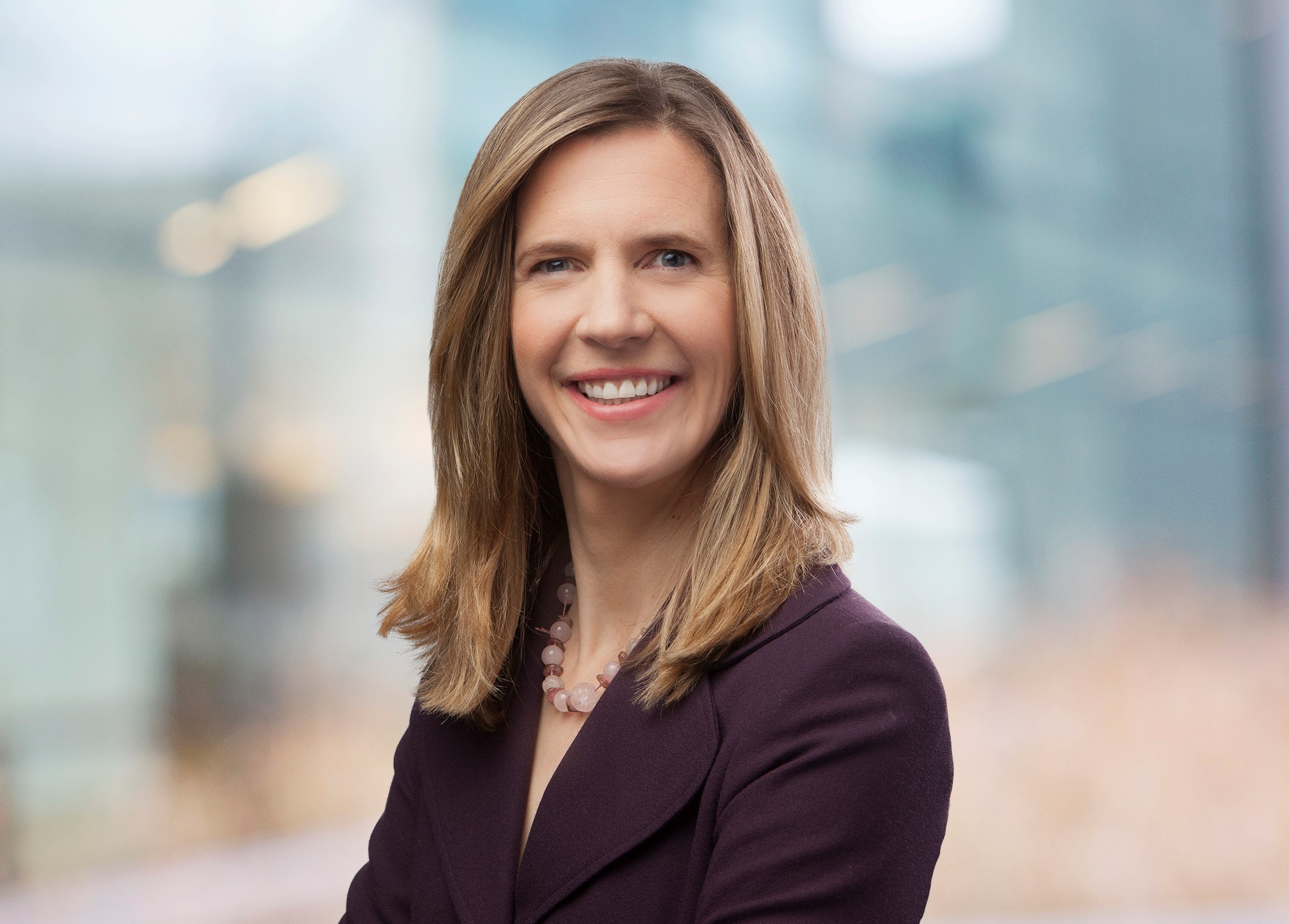
Director of Gender Equality at the Bill & Melinda Gates Foundation to deliver Gates Cambridge Annual Lecture
The Director of Gender Equality at the Bill & Melinda Gates Foundation will deliver this year’s Gates Cambridge Annual Lecture on whether gender equality can change the face of poverty.
Sarah Hendriks will deliver the lecture entitled "What if…Gender equality could change the face of poverty?" on 13th February. It will explore the data and evidence behind the idea that gender equality and women's economic empowerment can help to lift poor households out of poverty.
Hendriks will argue that women who are economically empowered tend to have greater access to income and economic assets, better control over their own economic gains and more equitable decision-making power to translate these gains into social, economic and health benefits for themselves and their families. Hendriks will explore women’s economic empowerment in terms of both objective dimensions, measured by increases in productivity, income and assets, and subjective dimensions, measured by increases in agency and decision-making power.
She will also talk about the Foundation’s strategic work on gender in three areas: financial inclusion, land tenure security and women's self-help groups and how this can help to model what could happen if women were economically empowered.
Hendriks’ role at the Foundation involves working across the organisation and with external partners to develop and drive a strategic vision on gender equality, build organisational commitment and establish technical processes that shape the foundation’s current and future work in the area.
Prior to joining the Foundation, she worked as the Director of Gender Equality and Social Inclusion for Plan International. In this role, she was the lead gender advisor for a multi-year global research and policy report entitled ‘Because I am a Girl: the State of the World’s Girls’ and led the development of the ‘Global Girls Innovation Programme’, a $500 million portfolio of innovation and results-driven initiatives on adolescent girls.
Before Plan International, Hendriks worked with Women and the Law in Southern Africa [WLSA] in Malawi and has worked extensively as a gender equality consultant in areas such as gender-based violence, women's access to justice, HIV & AIDS and the design of gender equality strategies.
*The Annual Lecture takes place from 18:00 to 19:30 on 13th February in the Palmerston Room at St John's College. It is open to Gates Cambridge Scholars and their guests. To book your place, click here.












